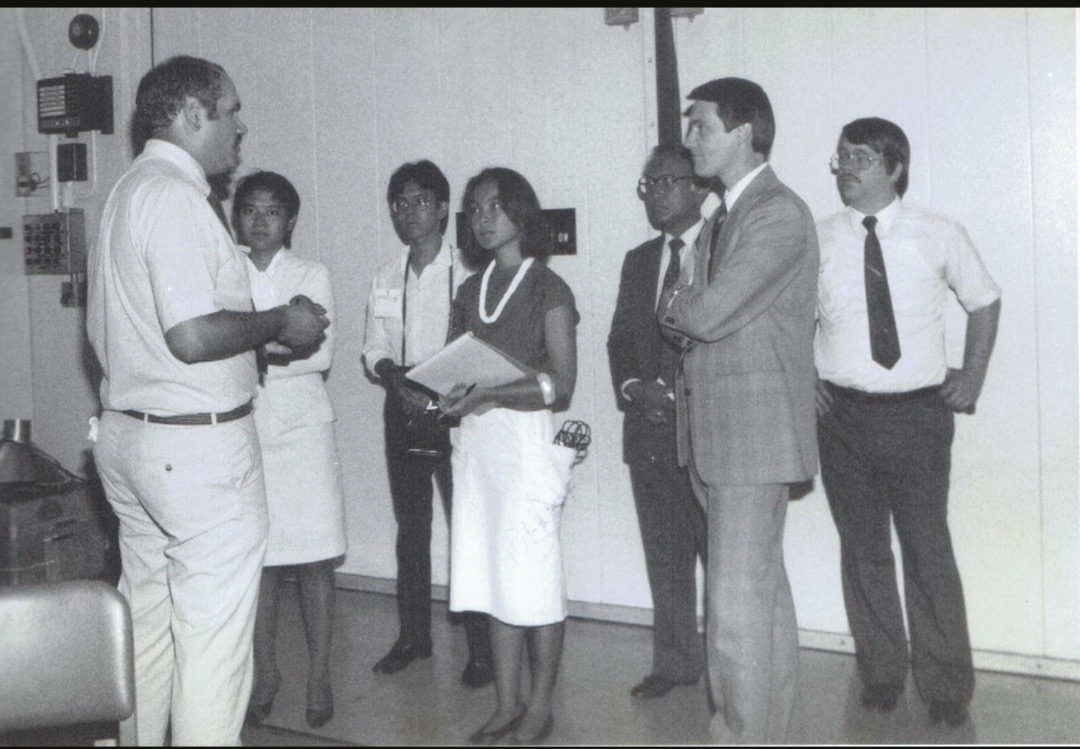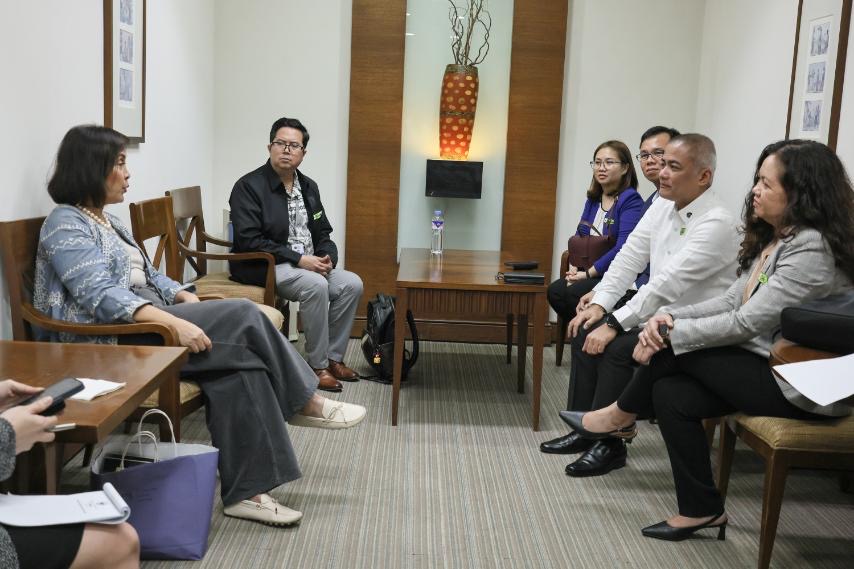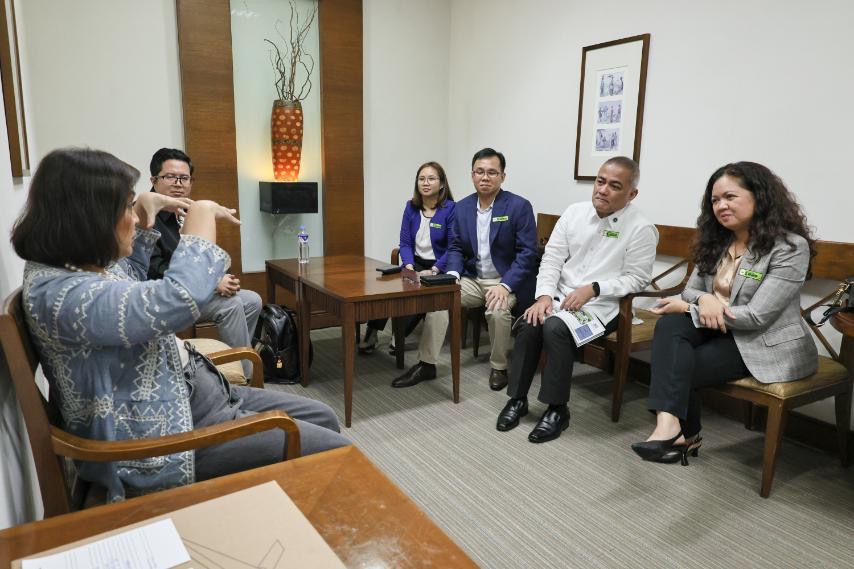I had the privilege of engaging with the Philippine Space Agency (PhilSA) on its mission to make the Philippines a space-faring and space-capable nation. Their targets of establishing a regional launch site and space industrial hub in the country, both of which I am eager to support, would position the Philippines as a key player in the global space economy.
We actively keep pace with the developments in space governance, as demonstrated by PhilSA’s participation in the UN Committee on the Peaceful Uses of Outer Space (COPUOS) and our accession to the UN Convention on the Registration of Objects Launched into Outer Space. Our engagement is further elevated through the Copernicus Cooperation Agreement with the European Commission, which positions the Philippines as a vital hub for global satellite data exchange. This allows other parts of the world to access critical satellite data from the Philippines, enhancing our role in climate action, disaster preparedness and risk reduction, and sustainable development.
On a domestic level, the satellite data and imagery produced by PhilSA support essential initiatives such as quarry deforestation monitoring, mangrove mapping, geohazard mapping, and tracking environmental changes that affect biodiversity and coastal communities. To bring these benefits closer to the people, I have asked PhilSA to provide programs and projects for local government units (LGUs) to ensure that space technology directly benefits communities on the ground.
The briefing also brought back memories of my early journalism days in Los Angeles, where I had the privilege of interviewing a Filipino couple working at NASA for Manila Envelope in the 1980s. Their brilliance was a source of inspiration then, and today, I see that same spirit of excellence in the Filipino engineers and scientists at PhilSA. Their work on the MULA satellite, Maya nanosatellites, and other space missions reflects the Philippines’ capacity to lead in this emerging sector.
The Philippines is setting its sights on the stars. With strong support from both the government and the private sector, we won’t just reach them—we’ll shine as a beacon of inspiration for other nations.





